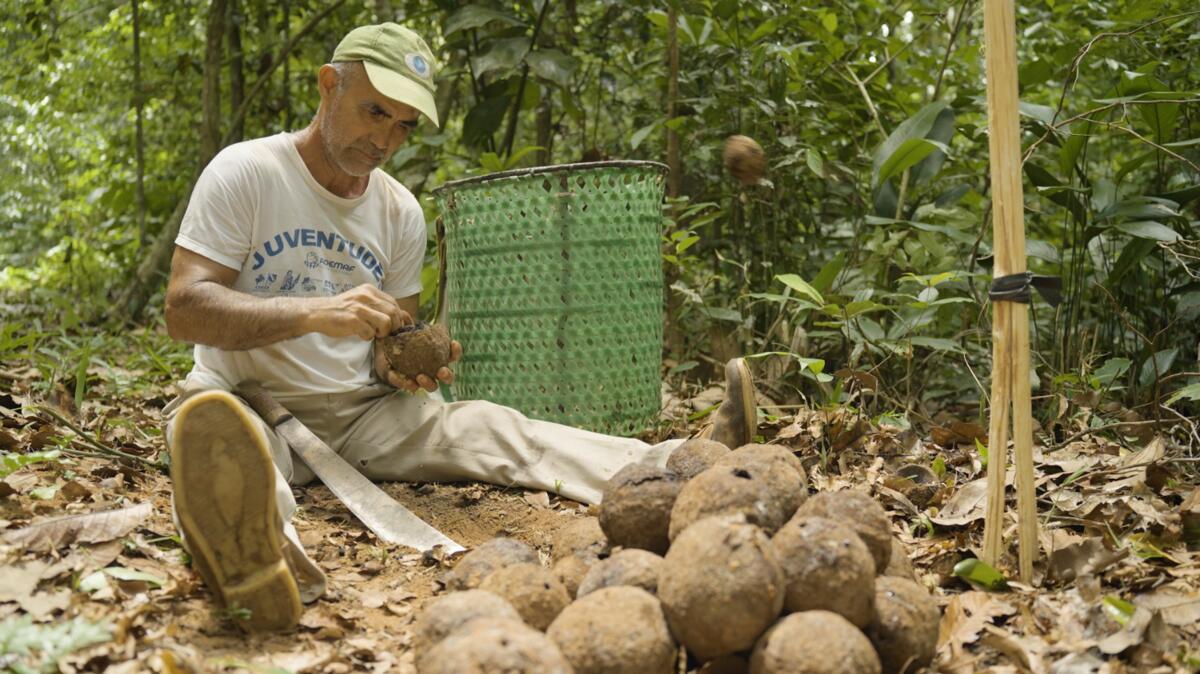
The Ministry of Foreign Affairs of Brazil, through its General Coordination for Food Security and Nutrition (CGSAN) and the Rio Branco Institute (IRBr), together with the United Nations Food Systems Coordination Hub, the WFP Centre of Excellence Against Hunger in Brazil, and the Amazon Cooperation Treaty Organization (ACTO), have announced the launch of “Partnerships among Amazon Countries: Food Systems Transformation and Climate Action.”
The initiative, launched at the close of COP30, aims to reinforce regional cooperation among the eight Amazon countries by strengthening the capacities of diplomats and government officers to design, negotiate, and implement integrated policies that advance food security and nutrition, sustainable food systems, and climate resilience.
At the heart of this initiative is a new training and peer learning program that will draw on the UN Food Systems Coordination Hub’s Convergence Initiative – informed by Brazil’s pioneering experience as a pilot country and the formulation of the Convergence Action Blueprint – alongside interactive modules, case studies, and policy dialogue sessions.
Through this platform, participants will deepen collaboration and exchange practical approaches to governance, multi-sector coordination, and implementation of National Pathways for Food Systems Transformation, as well as cross-border Convergence efforts across the Amazon region.
This partnership reflects the shared commitment of Brazil and regional partners to eradicate hunger, strengthen food and nutrition security, and build sustainable and inclusive food systems that respond to the impacts of climate change – in a region central to global climate stability and biodiversity.
For the ambassador Maria Laura da Rocha, Secretary-General of Foreign Affairs, Brazil is proud to join efforts with partners to advance food systems transformation and climate action, strengthening regional solidarity across Amazon countries.
“The development of our diplomats’ skills is key to turning shared challenges into collective solutions. Together, we expect this partnership to deliver concrete and lasting outcomes for our peoples and for the planet”, she stated.
According to Daniel Balaban, director of the WFP Centre of Excellence against Hunger in Brazil, strengthening capacities and sharing practical tools are essential to achieve lasting progress towards hunger eradication.
“Through this initiative, we are creating a space where countries of the Amazon region can learn from each other, adapt successful approaches, and jointly advance food systems that are resilient, inclusive, and sustainable. The WFP Centre of Excellence is proud to support this collaborative effort, grounded in regional knowledge and driven by a shared commitment to ensure that no one is left behind.”
The Amazon region plays a decisive role in the global future of food systems and climate action, said Stefanos Fotiou, Director, from the United Nations Food Systems Coordination Hub.
For him, this partnership strengthens the ability of governments to work together, share expertise, and scale solutions that are grounded in national contexts but contribute to a shared regional vision. “We are proud to support the leadership of Amazon countries as they advance food security, resilience, and sustainable development through cooperation.”




